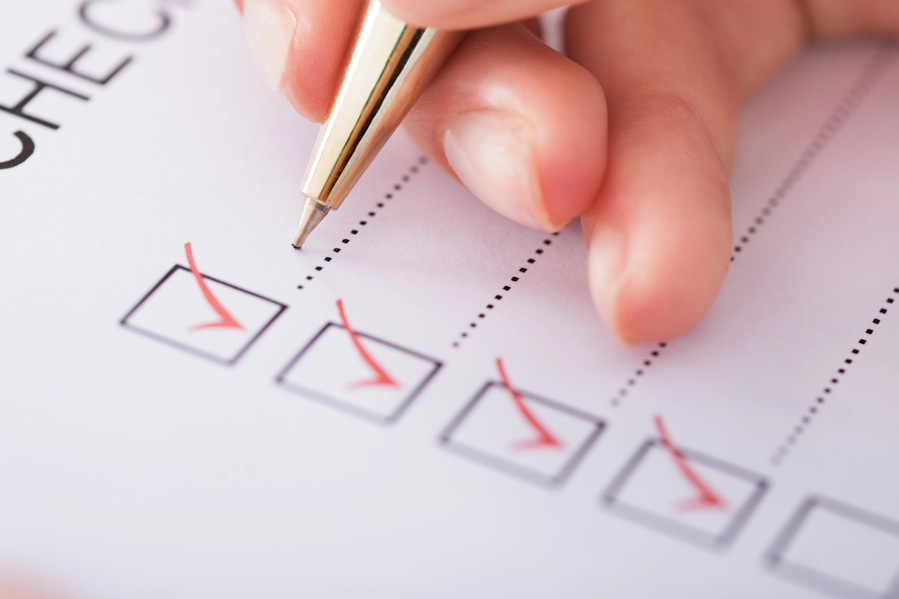As parents, we often worry about our children’s well-being, even as they grow into young adults. When your child reaches the age of 18, a significant legal transition takes place – they become independent adults in the eyes of the law. While this is a milestone to celebrate, it also comes with some important responsibilities. One often overlooked aspect is the necessity of obtaining a power of attorney (POA) for your child.
A power of attorney is a legal document that grants a trusted individual (the “agent” or “attorney-in-fact”) the authority to make decisions on behalf of the person who creates the document (the “principal”).
*Healthcare Decision-Making: Accidents and health issues can happen at any age. If your child is unable to make healthcare decisions due to an accident or illness, having a healthcare power of attorney ensures that you can make those decisions on their behalf. Without one, you may not have the legal authority to access their medical records or make critical medical choices.
Unforeseen emergencies can arise, and having a power of attorney in place can make a crucial difference. It grants you the legal authority to act on your child’s behalf if they are unable to do so themselves, whether due to a medical emergency, travel abroad, or other unforeseen circumstances.
It’s important to have open and honest discussions with your child about the power of attorney. They should understand the implications and be involved in the decision-making process. While it may seem like a heavy topic, it is ultimately an important step in ensuring their safety and well-being.
In conclusion, getting a power of attorney when your child turns 18 is a responsible and practical step for parents. It provides a safety net, allowing you to act on their behalf in times of need while respecting their autonomy. Planning for the unexpected can make a significant difference in their well-being and your peace of mind.


